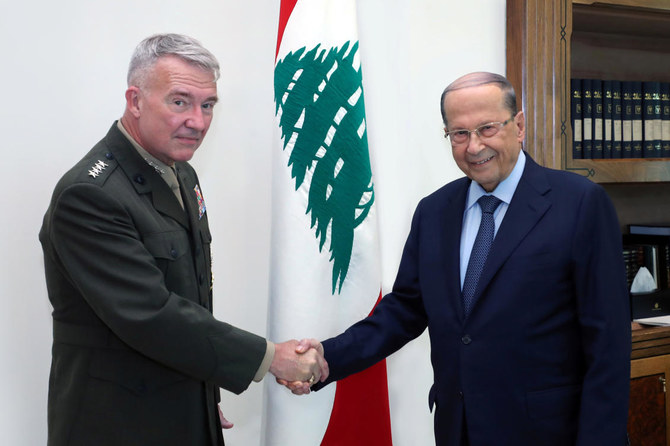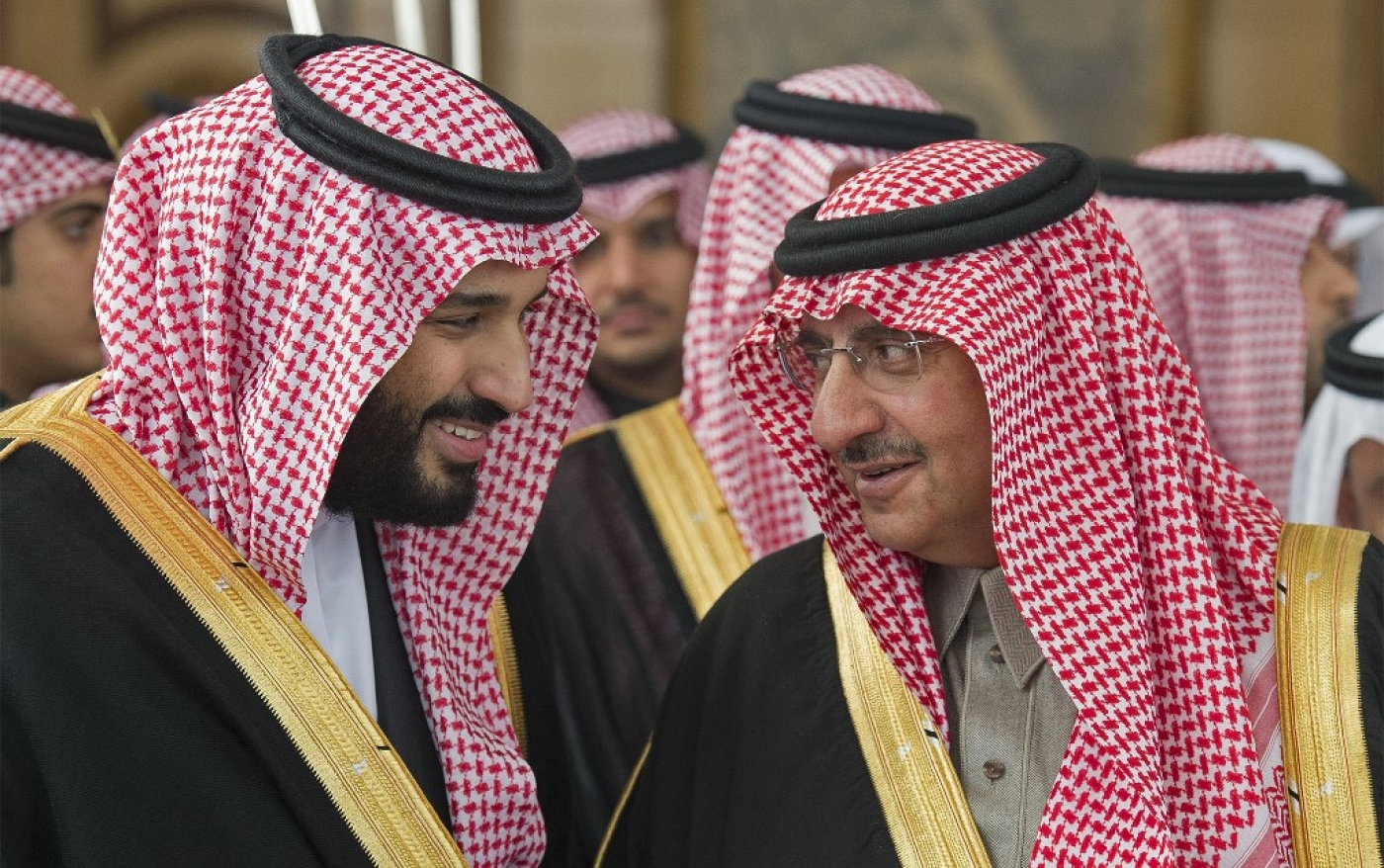
BY ANCHAL VOHRA — foreignpolicy.com — Beirut’s Little China restaurant is the city’s most prominent establishment that serves authentic Chinese food, and it’s a regular gathering place for people of Chinese origin. It also serves as a symbol of China’s marginal role in Lebanese life more generally. If Hassan Nasrallah, the chief of Hezbollah, has his way, that may soon change. Nasrallah recently declared in a televised speech that Lebanon must “look east” to China for its salvation at its present time of crisis. The implication was clear: Lebanon should not look to the International Monetary Fund. His Lebanese audience was left befuddled. The extent of crisis was evident—the country’s economy has nosedived, to calamitous effect, in recent weeks—but Lebanon, including some of its most reactionary conservatives, has always understood itself as an outpost of Western values and influence in the Middle East. But Nasrallah is not alone among Lebanese policymakers in believing the country may soon have no choice but to enter China’s political and economic orbit. If that happens, political analysts say, it could mark a new and uncertain chapter in the country’s history.
Lebanon’s economy is in shambles, threatening to join Zimbabwe or Venezuela as one of the world’s terminal economic disasters. Since October 2019, the Lebanese pound has lost 80 percent of its value and plummeted from its fixed exchange rate of 1,500 to the U.S. dollar to 8,000 last week on the black market. Salaries earned in the local currency have turned worthless as prices of basic commodities have tripled. Rises in food prices (including for bread) have hit the middle and lower classes especially hard, and electricity cuts have become regular occurrences. Some Lebanese have started resorting to barter, while the young and unemployed are increasingly opting for desperate measures to make a living. A 24-year-old graduate recently walked from shop to shop in a downtown Beirut market popular with expatriates to sell freshly squeezed orange juice. “Hi, will you support me, please,” he asked everyone plaintively. But Lebanon’s ruling elite continue to drag their feet on political and economic reforms meant to halt corruption and restructure indebted banks, measures necessary to procure a $10 billion bailout from the IMF. Two European diplomats told Foreign Policy that division between Lebanese political factions is the reason the IMF loan hasn’t yet come through. Last week, Alain Bifani, one of Lebanon’s top negotiators with the IMF, resigned from his senior position at the finance ministry and was quoted as saying he had reached a “dead end” with the political and financial elite. He said those with vested interests were obstructing the path to change, because any bailout envisioned a haircut of $3 billion on accounts held by the country’s most wealthy. Millions of Lebanese have been braving a de facto haircut since banks imposed capital controls in mid-November 2019 and refused to let them withdraw their money. A few days after Bifani’s resignation, talks with the IMF were suspended entirely.





/cloudfront-us-east-1.images.arcpublishing.com/mco/NPLCWNFVZFDLTKQRHJA6KRQNZM.jpg)




